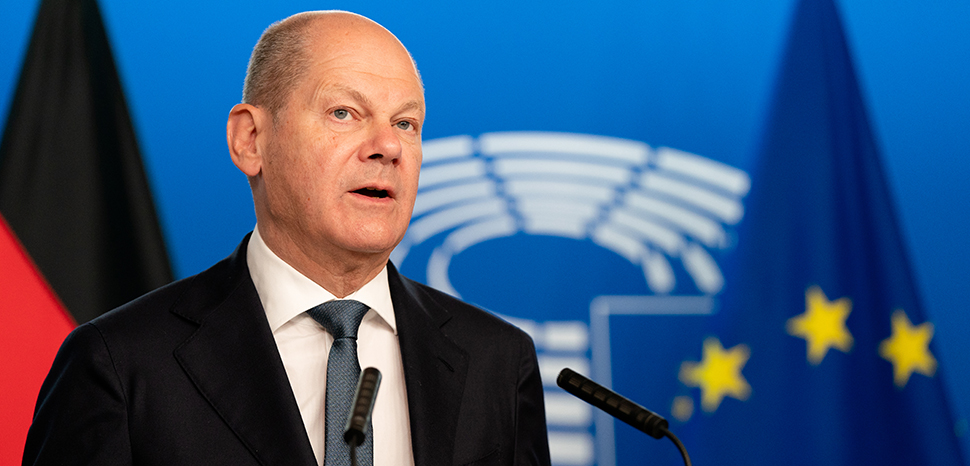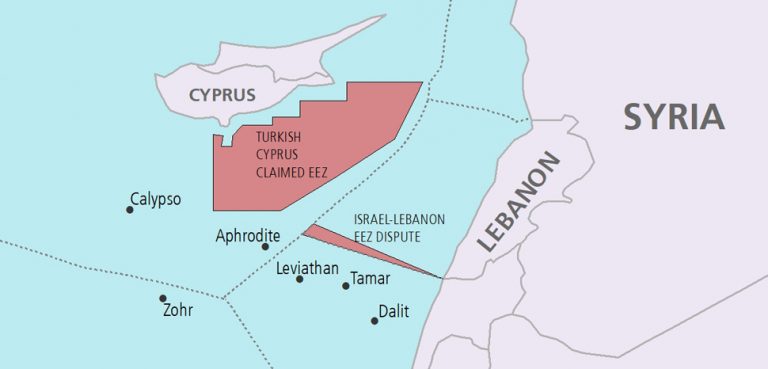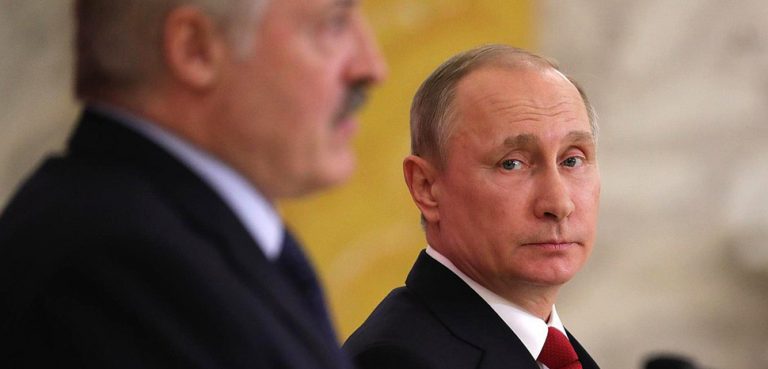Germany recently unveiled its first National Security Strategy in a marked shift from its traditionally restrained international stance. Chancellor Olaf Scholz hailed the strategy as a “major change” which ambitiously integrates military planning with various security issues, ranging from climate change to alliances. The German National Security Strategy is a signifier of the country’s stance towards a more proactive, all-encompassing approach to security.
While the strategy pointedly addresses traditional security threats like Russia following its invasion of Ukraine, it also prominently highlights non-traditional security threats. Climate change, pandemics, and economic crises are considered alongside military threats, underscoring the need for a more comprehensive approach to national security. It also acknowledges the significant role of cybersecurity and disinformation as tools of modern warfare.




